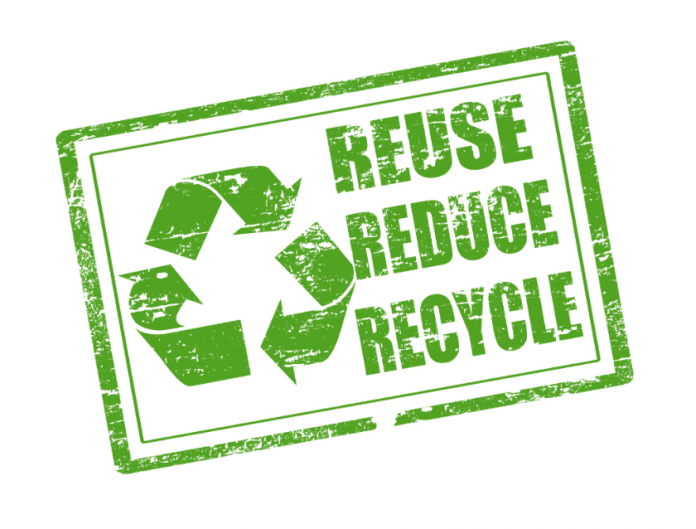
The three Rs of environmental responsibility are taught at a very young age: reduce, reuse, and recycle. Many schools teach children what they mean and how to implement them. This is a step in the right direction, but it is not enough. Though children aren’t responsible for the environmental well-being of the planet, instilling a passion – or at the very least a deep respect – for Mother Nature is a step to making sure that the next generation does a better job of taking care of the environment.
Taking care of the planet is a job for everyone. Adults in our generation need to reduce the use of plastic and recycle as much of it as possible, and children of following generations need to take it a step farther to eliminate the creation of plastic. Once you evaluate your sustainability habits and make them better when you need to, you can pass on the knowledge to the little ones.
Read more the Impact of Plastic on Our Oceans
Raising a Generation of Earth Lovers
Teaching your kids to respect the planet doesn’t happen in one conversation or lesson at school. You need to reinforce this ideal constantly, starting when they are young. You can do this by reading books about caring for the planet to them from a young age. This way, they will grow up with the idea that the planet is precious and needs to be cared for.
You can also teach young kids easy ways to be environmentally responsible. To do this, you can encourage habits around the house for going green, such as:
- Turning off the power switch.
- Unplugging appliances not in use.
- Check the water tap to make sure it is tightened up.
- Donate clothes and toys to be reused.
- Do a litter-free lunch challenge.
Little habits such as these can accumulate into a routine that will last with them as they grow older. In addition to being helpful, they are also simple enough for you to incorporate into your day and easy enough for young children to be a part of.
Encouraging a Passion for Sustainability
As kids grow older, you can teach them about more complex issues, such as what phthalates are and where they are found. This way, you can strengthen the knowledge they have about it plastic and sway them from buying it in the future. Of course, you should also back your lessons up with actions; don’t buy plastic utensils or dishes in the house. Instead, keep ceramic or glass cups and dishes, and metal silverware.
Read more about avoiding phthalates
Likewise, you can model other eco-friendly practices. To teach them that every piece of plastic counts, always make sure to pick up your trash when you’re at the park or the beach. You can also bring a trash bag with you to fill up when you go places to teach them to learn how to makes small differences themselves. Doing so can even help them develop a passion for sustainability that can turn into a degree and then a career.
One step at a time, you can help the next generation learn how to care for the planet. Building up small habits and modeling green techniques will help them develop their own habits to care for the planet. Even if they don’t end up with a career in the sustainability industry, you can help shape a more aware and responsible individual, and that’s how we can do more.










